Displaying results 281 - 290 of 1072
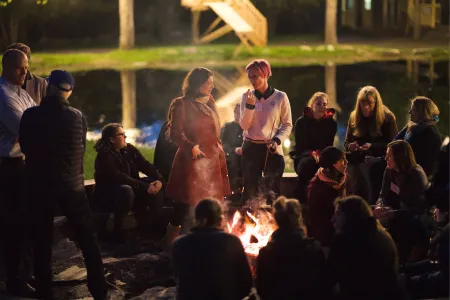
Aimée Morrison: Biographic Mediation of Neurodivergence in Academic Accommodations
2019 Fellow Aimée Morrison has recently contributed to an issue of Biography: an interdisciplinary Quarterly entitled: (Un)Reasonable, (Un)Necessary, and (In)Appropriate Biographic Mediation of Neurodivergence in Academic Accommodations. Aimée states that the model of academic accommodations fundamentally frames disability as a set of (tragic, pathological) medical characteristics that impair "otherwise qualified" (that is to say, able) individuals, who are entitled to "reasonable," "necessary," and "appropriate" special arrangements within their educational or workplace environments as set out in law.
Aimée's research examines social media practices by everyday users as forms of life writing often turned to social justice, identity, or community goals. She is a frequent media source on viral media, social media trends, and computing and internet history.
Aimée's research examines social media practices by everyday users as forms of life writing often turned to social justice, identity, or community goals. She is a frequent media source on viral media, social media trends, and computing and internet history.
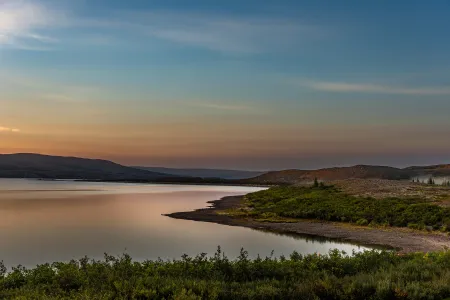
A fascinating immersion in the Mushuau-nipi corporation
August ended on a high note for our Scholars, who had the opportunity to take part in an exclusive Séjour Autochtone organized by members of the Corporation Mushuau-nipi. The Scholars, accompanied by Winter Fedyk (Mentor 2023), Jean-Frédéric Morin (Fellow 2022), and Monique Smith (Mentor 2022), and literally had the opportunity to travel to the ends of the globe, heading north of the 56th parallel, and immersing themselves in the history, culture and language of the Innu and Naskapi of Quebec and Labrador.
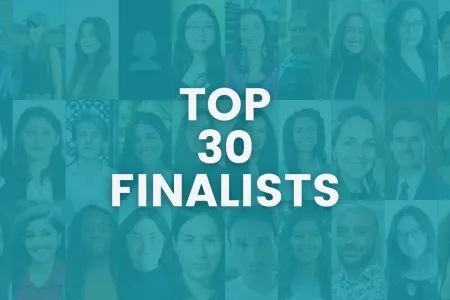
The 2024 Pierre Elliott Trudeau Foundation Scholarship Finalists are getting ready
The Pierre Elliott Trudeau Foundation is delighted to announce the 30 exceptional finalists for the 2024 Scholarship program. The finalists distinguished themselves among nearly 500 PhD students from various parts of Canada and around the world who have applied for our unique program which provides generous research funding, a research and travel allowance and offers leadership development.
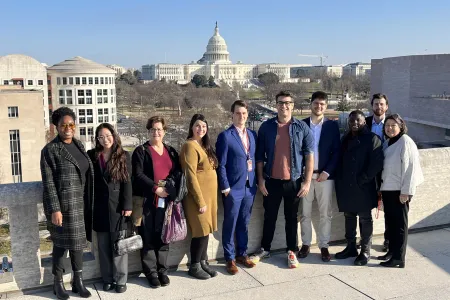
Exploring Global Economies in Washington, DC
A group of 2022 Scholars, Mentors and Fellows, whose theme for the Scientific Cycle is “Global Economies”, started the year off with a trip to Washington, DC, to meet with representatives of key institutions that influence global and regional economic policies. The trip was organized by Monique Smith (2022 Mentor).
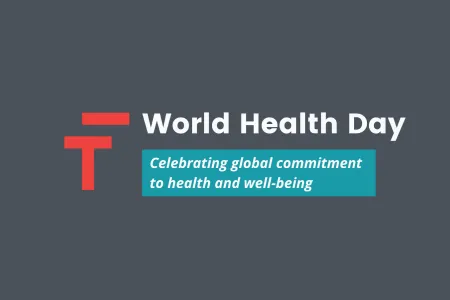
Celebrating Global Commitment to Health and Well-being
Considering World Health Day on April 7th, The Pierre Elliott Trudeau Foundation would like to take the opportunity to celebrate the global commitment to health and well-being. As we reflect on this occasion, we would like to showcase several impactful research studies and papers from our active Scholars. These contributions not only demonstrate our collective dedication to advancing knowledge in the field of health but also highlight the innovative approaches and insights that our Scholars bring to addressing complex health challenges.
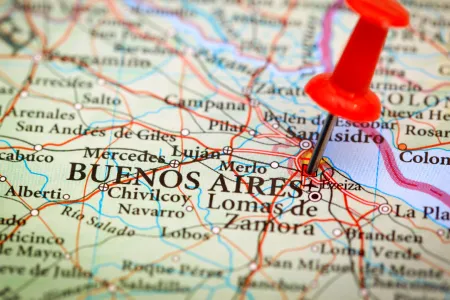
The 2022 Cohort is in Buenos Aires!
The 2022 Cohort finds themselves in the capital of Argentina for their international Institute of Engaged Leadership.
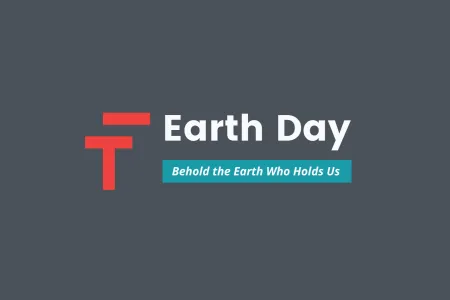
Celebrating Earth Day
On this Earth Day, we should remind ourselves of our collective responsibility to protect and cherish our planet. The Pierre Elliott Trudeau Foundation is proud to republish a text by our 2020 Mentor, Bob Haverluck (originally published October 24, 2022).
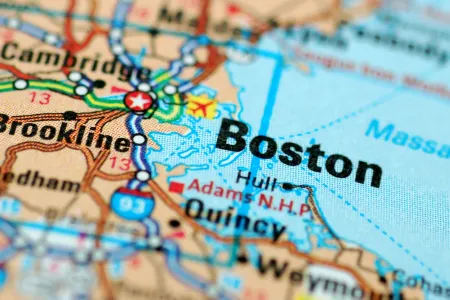
The 2023 Cohort is in Boston!
The Pierre Elliott Trudeau Foundation’s 2023 Cohort is in Boston on April 25 and 26, for the Canadian Foreign Policy Conference organized by 2023 Fellows Antonia Maioni, Marie-Joelle Zahar as well as Fulbright-Canada - PETF Fellow, Joe Young.
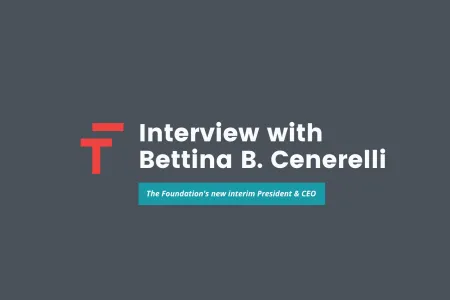
Interview with Bettina B. Cenerelli, the Foundation's new interim President & CEO
On May 1st, Dr. Bettina B. Cenerelli assumed office as new President & CEO (pro tem). In a brief interview, she discussed her motivations and presented aspects of her journey that have prepared her for the challenges to come.
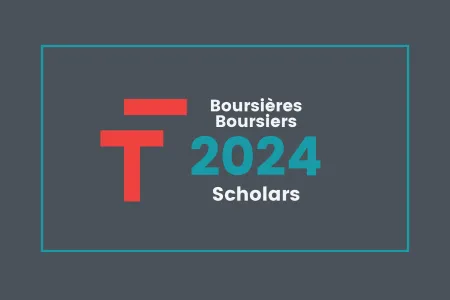
The Pierre Elliott Trudeau Foundation Unveils its 2024 Scholars
After a thorough multi-stage selection process, the Pierre Elliott Trudeau Foundation is pleased to reveal the 16 exceptional Scholars who will make up the 2024-2027 cohort.

